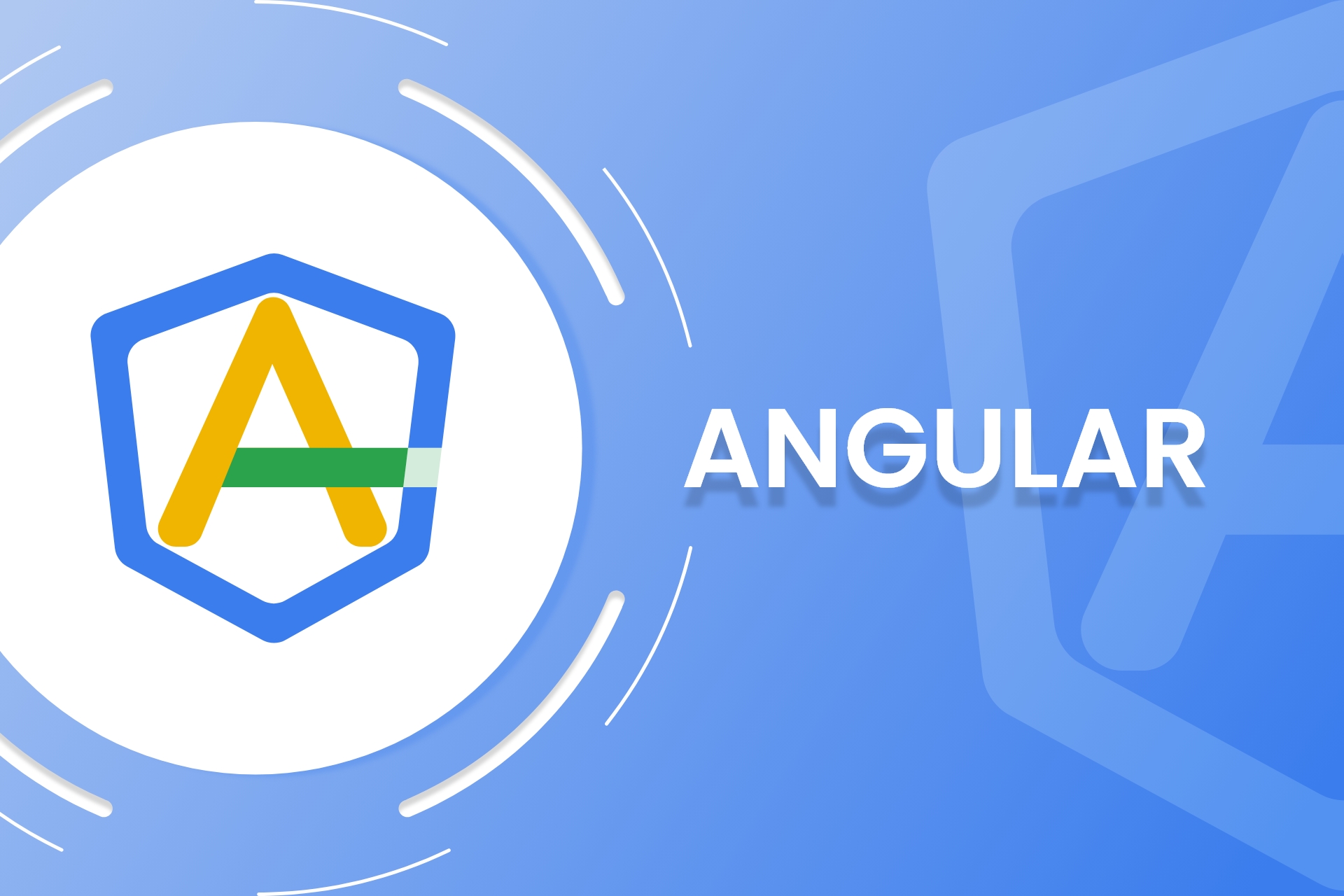
Angular is a popular open-source web application framework maintained by Google and a community of developers. It is designed to build dynamic single-page web applications (SPAs) and progressive web applications (PWAs) with a structured and modular approach. Angular provides a comprehensive toolkit for developers to create robust, scalable, and maintainable applications.
Key features of Angular include:
Component-based architecture: Angular applications are built using reusable components, each encapsulating its own HTML, CSS, and TypeScript code. This modular structure promotes code reusability and makes it easier to manage complex applications.
Two-way data binding: Angular's two-way data binding synchronizes the model state with the view automatically. Changes in the model are reflected in the view, and vice versa, without requiring explicit DOM manipulation.
Dependency injection: Angular has a built-in dependency injection system that helps manage the dependencies between different components and services. This promotes the writing of loosely coupled and testable code.
Directives: Angular provides a set of directives that extend HTML with additional functionality. Directives like ngIf, ngFor, and ngSwitch enable developers to manipulate the DOM dynamically based on application state.
Services and dependency injection: Angular allows developers to create services, which are singleton objects that can be injected into components or other services. Services are used for tasks such as data retrieval, logging, and communicating with servers.
Routing: Angular's built-in router enables developers to build single-page applications with multiple views. It supports features like nested routes, lazy loading, and route guards for controlling access to certain routes.
Forms: Angular provides two types of forms: template-driven forms and reactive forms (also known as model-driven forms). These forms allow developers to capture and validate user input, handle form submission, and manage form state efficiently.
HTTP client: Angular includes a powerful HTTP client module for making AJAX requests to a server. It provides features like request and response interception, error handling, and support for observables for handling asynchronous operations.
Internationalization (i18n): Angular supports internationalization and localization out of the box, allowing developers to create applications that can be easily translated into multiple languages.
CLI (Command Line Interface): Angular CLI is a command-line tool that automates common development tasks such as project scaffolding, code generation, testing, and deployment. It provides a streamlined workflow for Angular developers.
